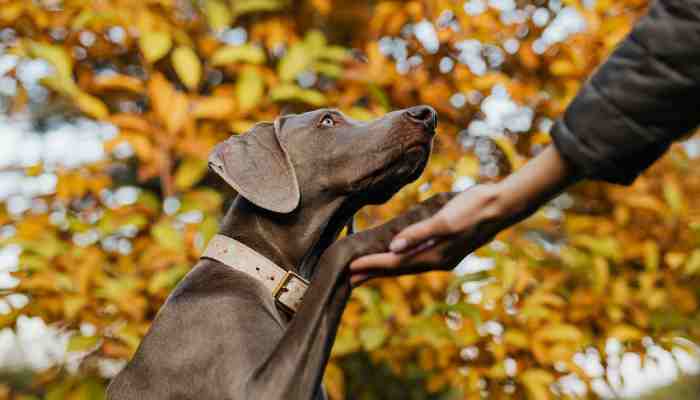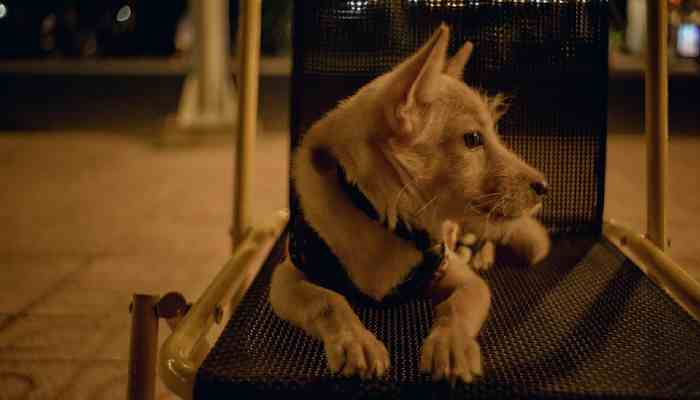Teaching an old dog new tricks can be a challenge, but with patience and persistence, it can also be incredibly rewarding. Not only does it provide mental stimulation for your senior pet, but it also helps strengthen the bond between you and your furry friend. In this article, we’ll explore some tips and techniques for teaching your senior dog new tricks.
Identify What Motivates Your Dog
The first step to teaching your senior dog new tricks is to identify what motivates them. Every dog is different, so it’s important to figure out what your pet finds most rewarding. Some dogs are motivated by food, while others prefer toys or praise. Once you know what motivates your dog, you can use that to your advantage when training.
Break the Trick Down into Small Steps
Teaching a new trick to an old dog can be overwhelming, so it’s important to break the trick down into small, manageable steps. For example, if you want to teach your dog to roll over, start by teaching them to lie down on command. Once they’ve mastered that, you can move on to teaching them to roll onto their side, and eventually onto their back. Breaking the trick down into smaller steps makes it easier for your dog to understand and master each step before moving on to the next one.
Keep Training Sessions Short and Frequent
Older dogs may not have the same level of stamina as their younger counterparts, so it’s important to keep training sessions short and frequent. Aim for sessions that are just a few minutes long, and try to train several times a day. This will help reinforce the lesson and keep your dog engaged without overtaxing them physically.
Use Positive Reinforcement
Positive reinforcement is an important part of training any dog, but it’s especially important when teaching an old dog new tricks. When your dog does something right, reward them with a treat or plenty of praise. This positive feedback encourages your dog to repeat the behaviour, making it more likely that they’ll master the trick. Avoid punishing your dog for not getting it right, as this can cause anxiety and stress, which can interfere with their ability to learn.
Be Patient and Persistent
Teaching a senior dog new tricks can take time, so it’s important to be patient and persistent. Remember that your dog may need more time to learn new skills, and it’s important to take things at their own pace. If your dog seems to be struggling, take a break and come back to it later. Remember that every dog learns at their own pace, and that’s okay.
Provide Mental and Physical Stimulation
In addition to teaching your senior dog new tricks, it’s also important to provide them with mental and physical stimulation on a regular basis. Regular exercise, playtime, and interactive toys can all help keep your dog’s mind sharp and prevent boredom. This is especially important for senior dogs, as they may not have the same level of physical ability as they did when they were younger.
Celebrate Your Dog’s Successes
Finally, don’t forget to celebrate your dog’s successes along the way. Every time your dog masters a new trick, be sure to praise them and give them a treat. This positive reinforcement not only makes your dog feel good, but it also reinforces the behaviour, making it more likely that they’ll repeat it in the future.
Teaching your old pup new tricks can be a fun and rewarding experience for both you and your furry friend. By identifying what motivates your pet, breaking the trick down into small steps, using positive reinforcement, being patient and persistent, providing mental and physical stimulation, and celebrating your dog’s successes, you can help your senior dog learn new skills and keep their mind sharp well into their golden years.



